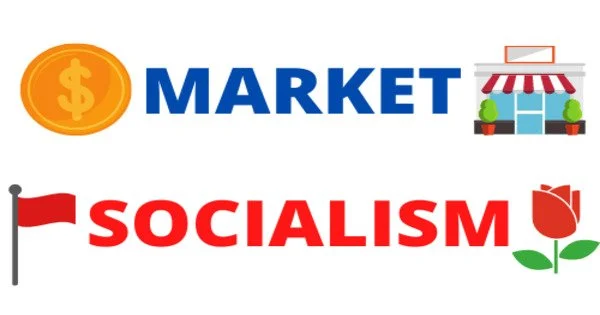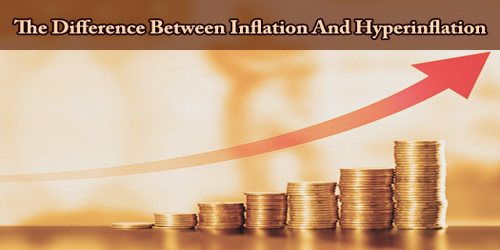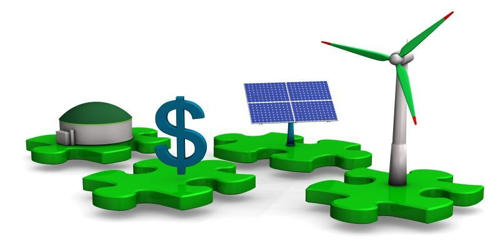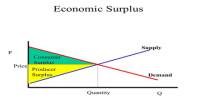Market socialism is a political-economic system in which the means of production are owned and managed by the workers, but the goods and services are sold on a market. Market socialism combines elements of both socialism and capitalism, with a focus on social ownership of the means of production and the use of market mechanisms to allocate resources.
Market socialism is a type of economic system in which the means of production are owned by the public, cooperative, or social ownership within the framework of a market economy, or one that includes a mix of worker-owned, nationalized, and privately owned enterprises. The central idea is that, as in capitalism, businesses compete for profits, but they will be “owned, or at the very least governed,” by those who work in them.
In a market socialist system, workers own and control the enterprises in which they work, either individually or through a collective ownership structure such as a worker cooperative. The profits generated by these enterprises are distributed among the workers or reinvested in the enterprise. The government may play a role in regulating the market and ensuring that certain social goals are met, such as providing basic goods and services to all citizens.
Market socialism differs from non-market socialism in that the market mechanism is used to allocate capital goods and production means.Profits generated by socially owned firms (i.e., the portion of gross revenue remaining after expenses, investments, and tax) may be used to directly remunerate employees, accrue to society as a source of public finance, or be distributed to the population in the form of a social dividend, depending on the specific model of market socialism.
The concept of market socialism has been advocated by a variety of socialist thinkers and movements, including the Yugoslav model of self-management and the Mondragon Corporation in Spain. Some proponents of market socialism argue that it offers a more democratic and participatory economic system than traditional capitalism, while still retaining the efficiencies of market competition. Others criticize market socialism for not going far enough in eliminating the exploitation inherent in the capitalist system.
Market socialism is not exclusive, but it can be distinguished from the concept of the mixed economy because some models of market socialism, unlike the mixed economy, are complete and self-regulating systems. While social democracy strives for greater economic stability and equality through policy measures such as taxes, subsidies, and social welfare programs, market socialism strives for similar goals by changing patterns of enterprise ownership and management.
















